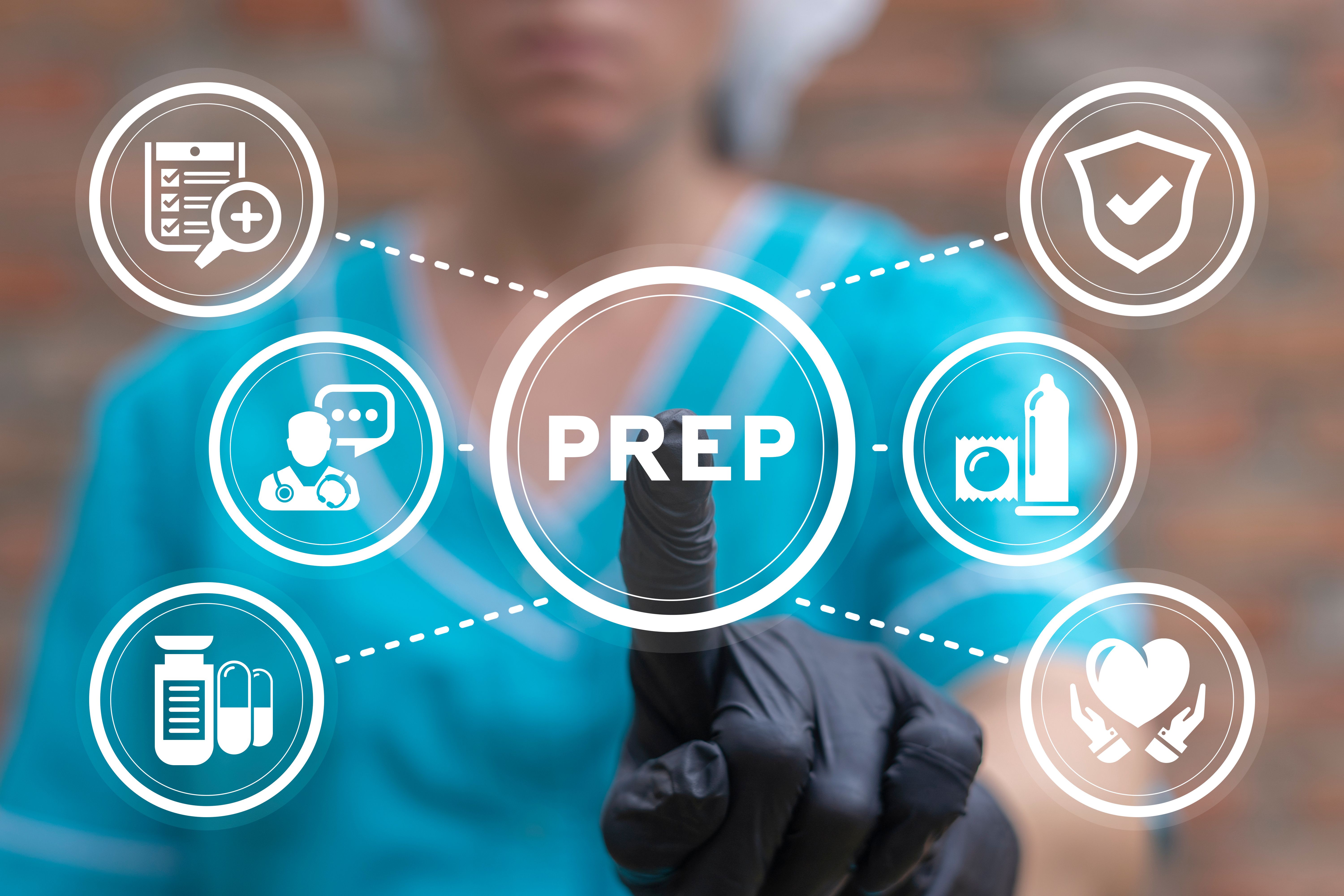- Center on Health Equity & Access
- Clinical
- Health Care Cost
- Health Care Delivery
- Insurance
- Policy
- Technology
- Value-Based Care
Elimination of HIV Prevention Division Being Considered by Trump Administration
The HIV prevention division could be rolled into another department of the HHS as soon as the end of the week.
The Trump administration is reportedly considering eliminating the HIV prevention division that is a part of the CDC in another move that targets government spending and HIV care.1 Although there is a possibility that this move could be made by the end of the week, it is more likely that this move would take longer to announce.
The Trump administration has previously made moves that would hinder the progress made in the HIV epidemic, including scrubbing the CDC website of several pages related to HIV prevention,1 the previous the President’s Emergency Plan for AIDS Relief (PEPFAR), and the efforts to close the United Agency for International Development (USAID). These actions against PEPFAR and USAID could have major implications on HIV outcomes globally even before the potential elimination of the CDC’s Division on HIV Prevention.2
The elimination of the HIV prevention division of the CDC could affect the rollout of medications like PrEP | Image credit: wladimir1804 - stock.adobe.com

This division of the CDC is tasked with tracking infections of HIV in the US, promoting testing and prevention, and conducting research around HIV. According to the CDC, this division improves care and treatment access for HIV in the populations that are most affected by HIV, including those at higher risk of infection, illness, and death due to HIV.3 The elimination of this department could spell less focus on those who are at greatest risk of HIV, potentially increasing the incidence and spread of HIV in vulnerable groups.
The division of HIV prevention also deals in encouraging the use of pre-exposure prophylaxis (PrEP), a drug that can prevent infection of HIV in at-risk groups. Should the division be eliminated, this could affect manufacturers who make different forms of PrEP, including Gilead and Merck, among others.4 Although this decision would not make or break the manufacturers when it comes to their business related to PrEP, it could significantly hamper any new PrEP rollouts, as Gilead awaits the approval of lenacapavir, a long-acting version of PrEP set to receive an FDA decision this year.4
According to a statement from Andrew Nixon, a spokesperson for the HHS, the HHS is “following the Administration’s guidance and taking a careful look at all divisions to see where there is overlap that could be streamlined to support the President’s broader efforts to restructure the federal government.”1 No final decision on the elimination of the division has been made.
Although HIV treatment has come a long way since the first case was reported in the US in 1981, there is still a way to go in completely eliminating the virus. There are approximately 1.2 million people in the US living with HIV, with about 13% not knowing about their diagnosis. It is estimated that 31,800 people acquired HIV in 2022, with racial and ethnic minorities and men who have sex with men having the highest risk of acquiring the virus. People living in the South are also at the highest risk of infection compared with other census regions.5
The elimination of the department on HIV prevention in the CDC could make the work of HIV prevention more difficult within the country, undoing the progress made throughout the country in terms of reducing the number of cases and increasing the usage of PrEP in those most vulnerable. These services may not be provided to the same capacity should the division be rolled into different parts of the HHS, making the decision of the Trump administration important to the future of HIV prevention in the US.
References
- Lovelace Jr B. Trump administration considers plan to eliminate CDC’s HIV prevention division. NBC News. March 18, 2025. Accessed March 19, 2025. https://www.nbcnews.com/health/health-news/trump-administration-considers-plan-eliminate-cdcs-hiv-prevention-divi-rcna196946
- Bonavitacola J. Cuts to PEPFAR spell detrimental HIV outcomes in South Africa. February 13, 2025. Accessed March 19, 2025. https://www.ajmc.com/view/cuts-to-pepfar-spell-detrimental-hiv-outcomes-in-south-africa
- About Division of HIV Prevention. CDC. Accessed March 19, 2025. https://www.cdc.gov/nchhstp/divisions/hiv-prevention.html
- Manalac T. Trump eyes steep cuts to CDC HIV prevention program. BioSpace. March 19, 2025. Accessed March 19, 2025. https://www.biospace.com/policy/trump-eyes-steep-cuts-to-cdc-hiv-prevention-program
- US Statistics. HIV.gov. Updated February 21, 2025. Accessed March 19, 2025. https://www.hiv.gov/hiv-basics/overview/data-and-trends/statistics
Elevating Equitable Health Care for the LGBTQ+ Community
June 18th 2024For the third episode in our special Pride Month series, we speak with Patrick McGovern, CEO of Callen-Lorde since August of 2023 and an outspoken advocate for HIV; lesbian, gay, bisexual, transgender, queer, plus (LGBTQ+); and community health.
Listen
Community Outreach Is Enabling CeSHHAR to Close HIV Care Gaps in Zimbabwe
April 6th 2021The Centre for Sexual Health and HIV/AIDS Research Zimbabwe conducts evidence-based research related to HIV and AIDS, as well as provides and implements sexual and reproductive health education and interventions among sex workers, children, and adolescents, and in the area of masculinity.
Listen
